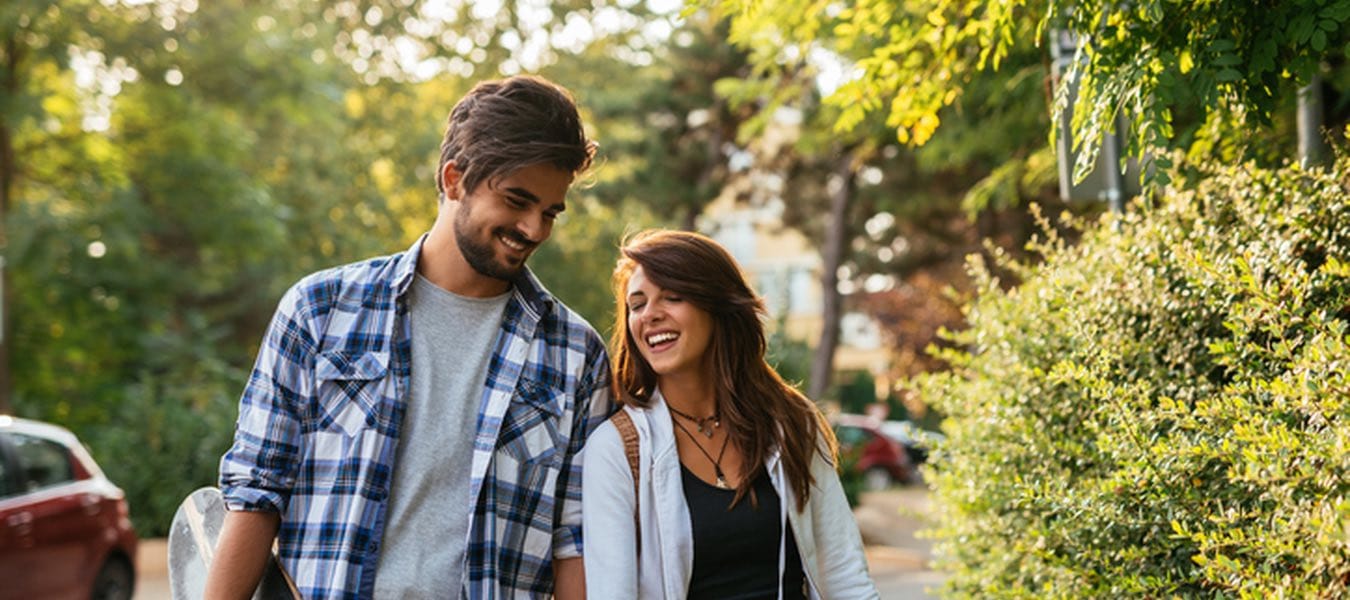You might say you’re open to meeting all kinds of people, but if you’re truly honest with yourself, you probably do have a type. It’s natural—we’re drawn to particular people for reasons we almost can’t explain. So what’s behind your type? Science, as always, has the answer.
- Preferences are part of the human condition. A study performed by researchers from the Czech Republic and published in Evolution and Human Behavior asked 1,048 people to recall the hair and eye colors of their previous partners as well as the hair and eye color of their opposite sex parent. Their findings prove that we do specifically choose people with the same characteristics as listed above. In other words, you might notice that all of your past partners had blue eyes or brown hair. There’s a reason for that.
- Straight women tend to go for guys like our dads; men want women like their moms. This isn’t necessarily a new idea, but the research did corroborate that idea. Basically, the participants tended to pick partners with the same eye color as their opposite sex parent. When both parents shared the same eye color, that preference was even stronger. We go with what we know, I guess.
- Hair color isn’t something we really care about. There wasn’t much correlation between the hair color of our parents and that of our partners, so while we might think we prefer brown hair over blonde or vice versa, there’s no parental association as there is with eye color.
- It’s all about the imprinting effect. So why do we have types? The researchers behind the study say it comes down to the process in which “individuals internalize certain characteristics of their parent and later use these parent-related characteristics as a template for choosing their mates.” That makes sense, right?
- There’s another factor at play. It’s called “homogamy,” or our tendency to gravitate towards people who remind us of ourselves. That doesn’t mean we necessarily want to date someone who looks, acts, or speaks exactly like us but rather that we do subconsciously seek out our own type. Opposites may attract, but according to this study, so do similarities. However, this process is not as strong as the imprinting effect.



